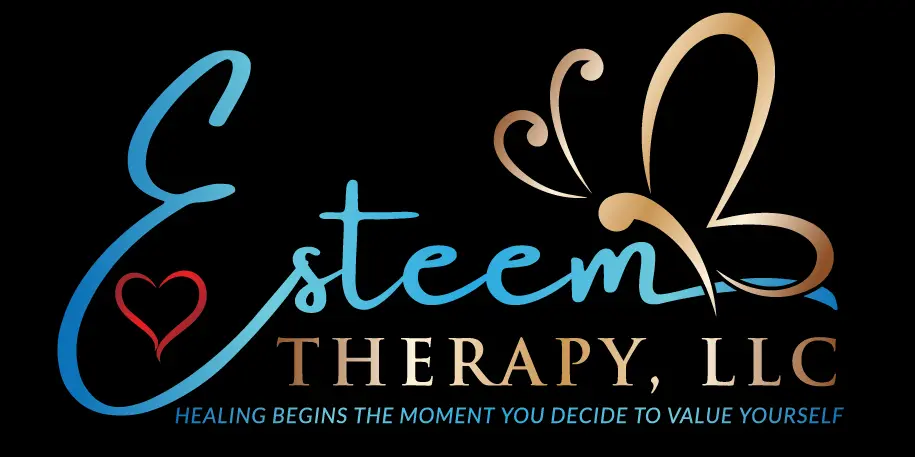Anorexia Nervosa (AN)
Anorexia nervosa presents with restricting food intake resulting in weight loss or failure to gain weight. This leads to a significantly low body weight for individual’s age, sex and height. AN is accompanied with body distortion and an irrational fear of gaining weight, as well as being unaware of seriousness of current low body weight.
Bulimia Nervosa (BN)
Bulimia nervosa presents with uncontrolled binge episodes followed by compensatory behavior, such as purging, often occurring several times a week or many times a day. Individuals with BN experience an inability to stop or prevent binge episodes usually resulting in deep feelings of shame, self-loathing and depression Weight can fluctuate from low to above normal body weight. Individuals with BN experience distorted body image and their worth is defined by body weight, shape and or size.
Binge Eating Disorder (BED)
Binge eating disorder presents with frequent episodes of excessive overeating, in a short period of time and usually when not hungry. Binge episodes are often followed by overwhelming emotions of guilt, shame, self-loathing. Individuals who binge eat feel they cannot control how much they eat; normal signals of hunger and satiation is replaced with overpowering compulsion to eat vast amounts of food. Binge eating often occurs even when not feeling hungry and often eating to the point of being in physical pain. Episodes of binging are not followed by purging but often result in going long periods restricting food intake or low-calorie dieting.
Binge eating disorder is the most common eating disorder affecting more people than anorexia and bulimia. Research reveals that in the United States 3.5% of women and 2% of men have binge eating disorder.
Other Specified Feeding or Eating Disorder (OSFED)
This is a term applied when eating disorder symptoms do not meet the maximum for clinical diagnosis. This may include having all symptoms of anorexia but with normal body weight, or an individual with symptoms of bulimia nervosa who is not engaging in binge or purge episode as often as expected.
Unspecified Feeding or Eating Disorder (UFED)
This is a term used when eating disorder symptoms do not meet full criteria for any eating disorders but do cause significant dysfunction and distress reducing quality of life.
Emotional Eating
Emotional eating presents as eating not to satisfy physical hunger but to comfort, avoid feeling negative emotions or reward yourself. Emotional hunger often presents suddenly and with a specific craving. Eating emotionally, like binge eating, is eating past the point of feeling full and attempting to escape feeling negative emotions. Emotional eating often involves eating unhealthy foods, high sugar foods and other comfort foods. Individuals engage in emotional eating to feel better or fill an emotional void. Emotional eating does NOT fix emotional issues but instead creates more pain. Individuals have reported after eating emotionally the problem still exists and is layered with guilt and shame.



